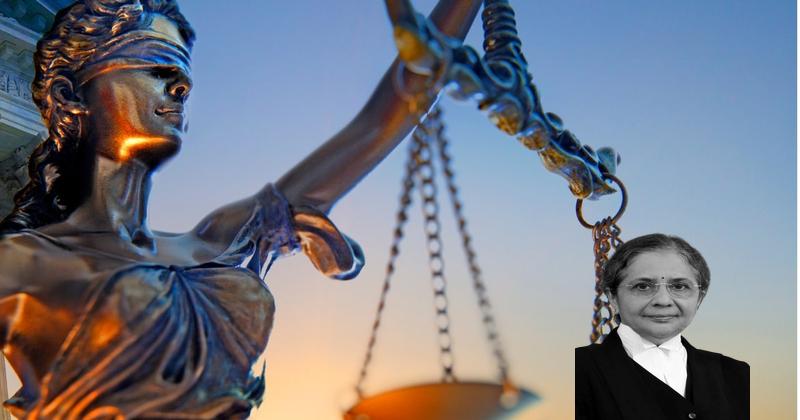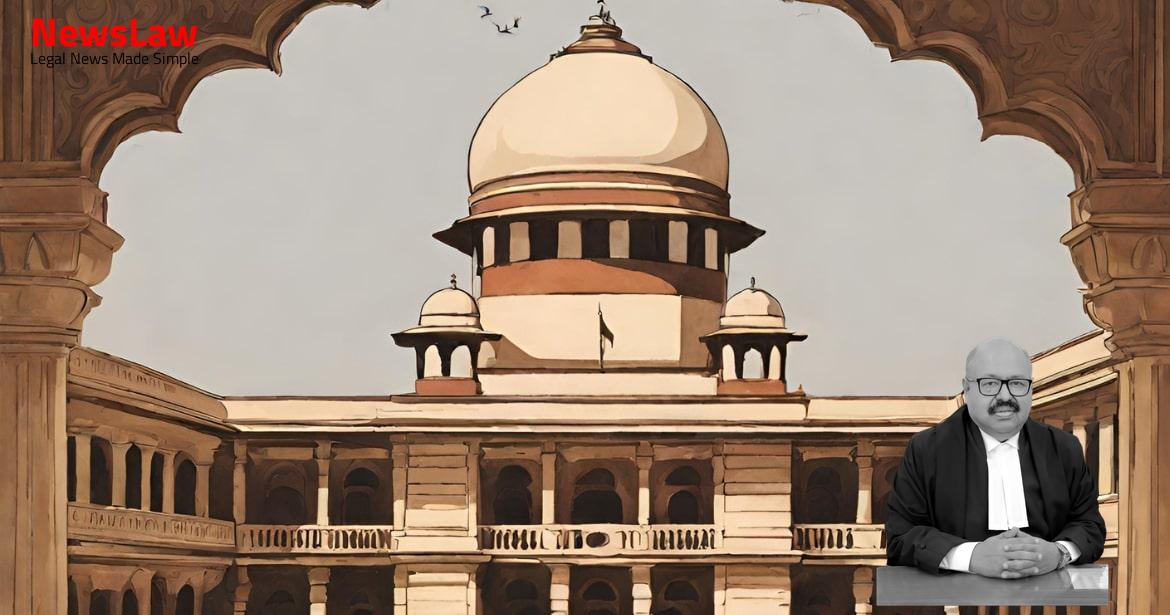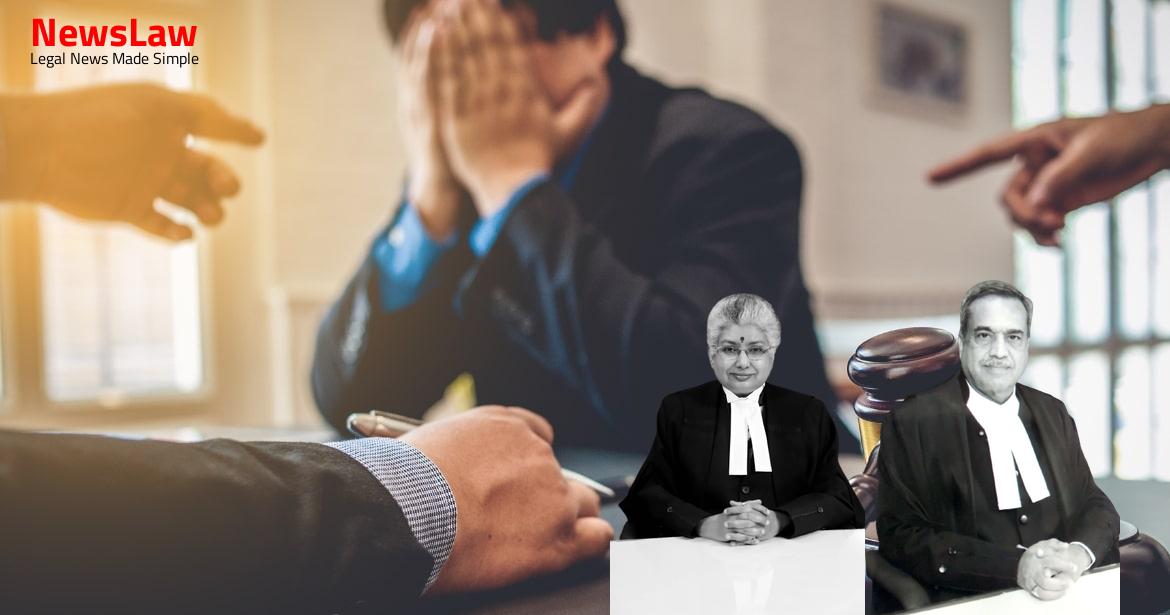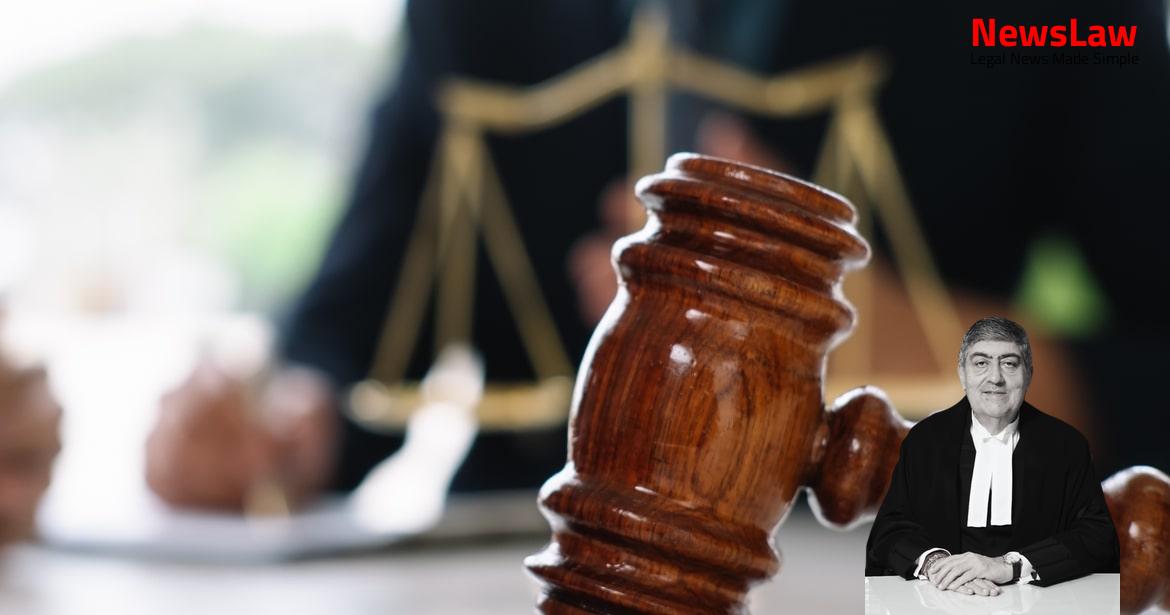The order impugned in this appeal is that of Customs, Excise & Service Tax Appellate Tribunal (CESTAT or Tribunal) dated 17.3.2009 which had, by a majority of 2:1, allowed an appeal filed by the Respondent-Assessee against an order of the Commissioner of Central Excise, Rajkot by which a demand for differential duty was confirmed against the assessee by invoking the extended period of limitation available under the proviso to Section 11A (1) of the Central Excise Act, 1944. The Show Cause Notice which was issued on 28.9.2005 relied upon a judgment of this Court on 9.8.2005 in the case of IFGL Refractories Ltd in support of the plea that monetary value of duty benefits obtained through transfer of advance licenses held by the customers constituted additional consideration flowing to the assessee from such customers. We are not dwelling deeper on the other findings of the Tribunal on the merits of the matter since these appeals are being decided only on the issue of time bar.
The finding of the Member (Technical) on the issue of limitation was as under: 1
[2001 (134) ELT 230] 4 “As regards the submission on time bar, it is noticed that the Commissioner has relied on the Hon’ble Supreme Court’s judgement dt.
No penalty will be justified.”
Also Read: https://newslaw.in/supreme-court/dismissal-of-special-leave-petition-and-remand-order/
The corresponding finding of the Member (Judicial) on the issue of limitation were as under: “The orders proposed by learned Member (Technical) allowed Appeal No E/228/07, on point of limitation, by setting aside the confirmation of demand and penalty imposed upon the appellant.
Sub-section (1)of Section 11(A), which is most relevant to the present case, for the sake of convenience, is being reproduced hereunder: “(1) When any duty of excise has not been levied or paid or has been short-levied or short-paid or erroneously refunded, whether or not such non-levy or non-payment, short-levy or short payment or erroneous refund, as the case may be, was on the basis of any approval, acceptance or assessment relating to the rate of duty on or valuation of excisable goods under any other provisions of this Act or the rules made thereunder, a Central Excise Officer may, within one year from the relevant date, serve notice on the person chargeable with the duty which has not been levied or paid or which has been short-levied or short paid or to whom the refund has erroneously been made, requiring him to show cause why he should not pay the amount specified in the notice: ” 13.
Collector of Central Excise, Bombay, this Court, while dealing with a similar fact circumstance wherein the extended period of limitation under the abovementioned proviso had been invoked, held that since the expression “suppression of facts” is used in the company of terms such as fraud, collusion and willful misstatement, it cannot therefore refer to an act of mere omission, and must be interpreted as referring to a deliberate act of non-disclosure aimed at evading duty, that is to say, an element of intentional action must be present.
Chemphar Drugs and Liniments, Hyderabad, this Court, while dealing with a similar situation of invocation of extended period of limitation under Section 11(A) of the Act, this Court held as under: “In order to make the demand for duty sustainable beyond a period of six months and up to a period of 5 years in view of the proviso to sub-section 11A of the Act, it has to be established that the duty of excise has not been levied or paid or short-levied or short-paid, or erroneously refunded by reasons of either fraud or 7 collusion or willful misstatement or suppression of facts or contravention of any provision of the Act or Rules made thereunder, with intent to evade payment of duty. The respondent did not include the value of the products other than those falling under Tariff Item 14E manufactured by the respondent and this was in the knowledge, according to the Tribunal, of the authorities. The CESTAT in that case held that duty benefits received by an assessee under the duty exemption scheme announced by the Government cannot be considered as part of the consideration flowing from the buyer, either directly or indirectly. Counsel for the assessee submitted that, though the above view of the Tribunal was reversed by this Court on 9.8.2005 while deciding Civil Appeal No.4472 of 2001, it cannot be denied that during the period from 28.7.2000 (the date when the Tribunal decided the IGL’s case) till 9.8.2005 (when the Supreme Court reversed it) the view taken by the Tribunal in IFGL’s case held the field and thus provided the basis for the assesse to believe that its method and approach of determining the assessable value was in accordance with law. Counsel for the Revenue accordingly submitted that the assesse was guilty of suppressing material facts from the Revenue authorities and that the Range officer had thus been misled into believing that the duty had been correctly paid. Counsel for the Revenue also submitted that the finding of the CESTAT about bonafide belief based on the 10 CESTAT’s decision on the IGL’s case was also unsustainable in view of the specific findings of the adjudicating authority of suppression of material facts by clubbing of the clearances with domestic clearances which mislead the range officer tasked with the responsibility of checking all transactions. In the absence of any specific column or note similar to note 4, requiring separate disclosure of the value of deemed export clearances, we do find any merit in the findings of the adjudicating authority that there was suppression of facts as a consequence of assessee’s failure to separately disclose the value of deemed export clearances. We also find that neither the show cause notice nor the civil appeal filed by the Revenue before this Court contain any reference to the wrongful clubbing of deemed export clearances under the details meant for domestic clearances.
Counsel for the Revenue that the Tribunal’s order in the case of IFGL Refractories could not have constituted a valid basis for the belief entertained by the assesse in view of the fact that the relevant valuation provisions had undergone amendments in the year 2000.
Secondly, we also find this contention to be diametrically opposite to what the Revenue itself has been contending on merits right from the Show cause notice till the appeal filed before this Court. The mere fact that the belief was ultimately found to be wrong by the judgment of this Court does not render such belief of the assessee a malafide belief particularly when such a belief was emanating from the view taken by a division bench of Tribunal. In the present case the assessee 15 who was required to self-assess his liability determined the assessable value on the basis of an interpretation given by CESTAT in its order dated 28.7.2000. Separate disclosures were required to be made only for exports under bond and not for deemed exports, which are a class of domestic clearances, entitled to certain benefits available otherwise on exports. The counsel for the Revenue has, while pleading that facts was suppressed been unable to show us the provision or rule which required the assessee in this case to make additional disclosures of documents or facts. We make it clear that we express no opinion on the merits of the matter including the aspects of revenue neutrality.
Case Title: COMMISSIONER CENTRAL EXCISE AND CUSTOMS Vs. M/S.RELIANCE INDUSTRIES LTD. THROUGH ITS DIRECTOR (2023 INSC 591)
Case Number: C.A. No.-006033-006035 / 2009



